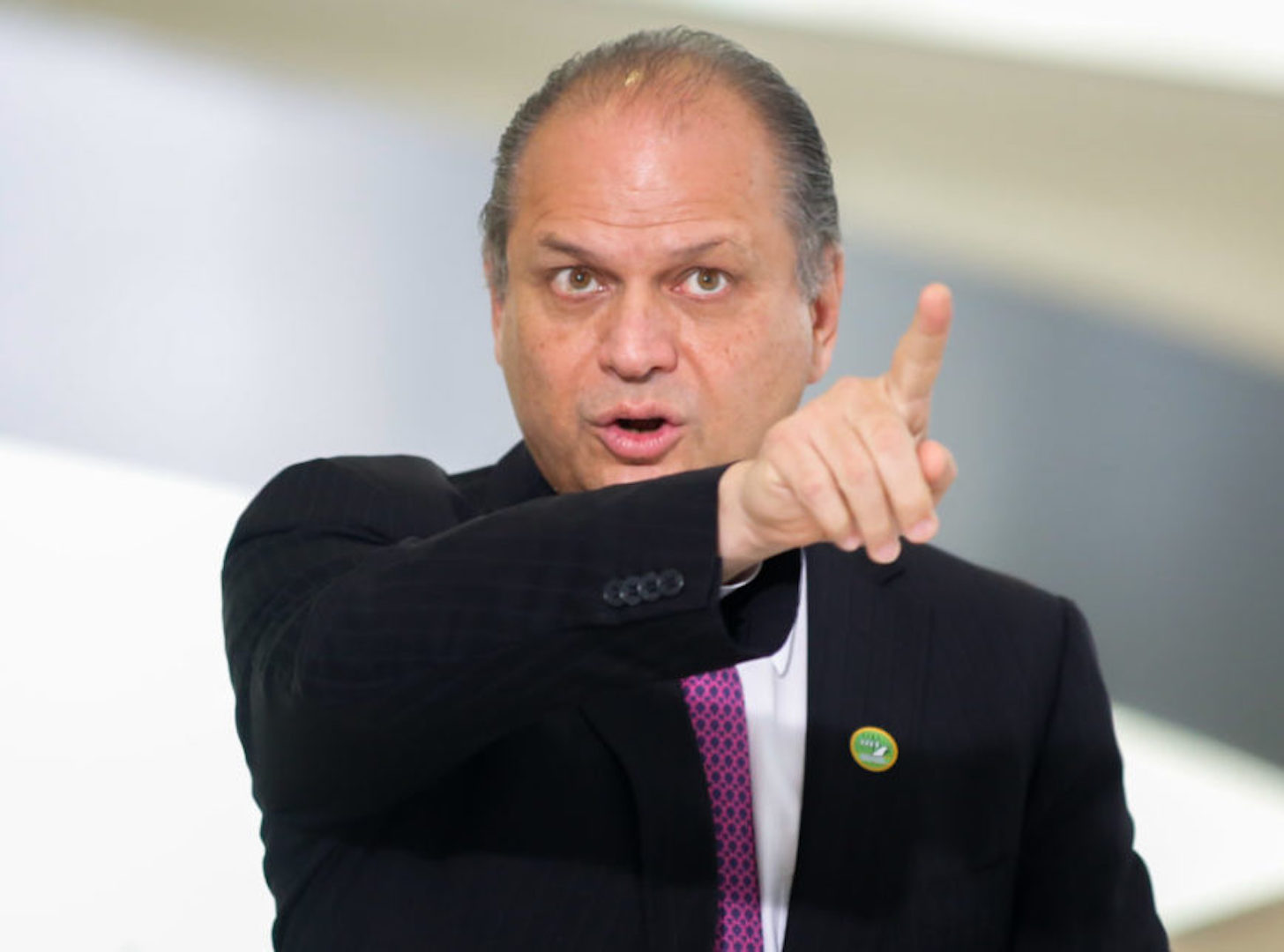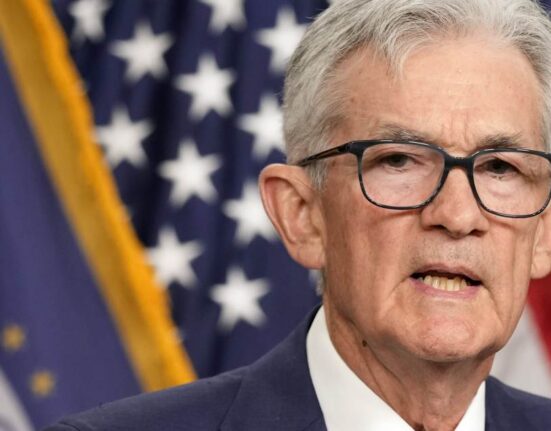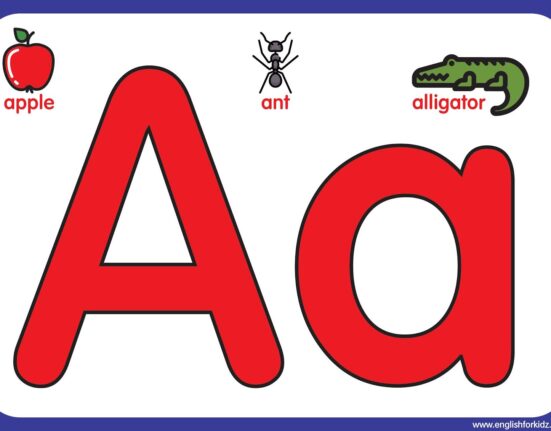Deputy José Guimarães from the PT party in Ceará found himself in hot water recently. The leader of the government in the Chamber was mentioned in a report from Operation Underhand, investigating suspected diversions of parliamentary allocations. This operation also targeted Deputy Júnior Mano from PSB, who faced search and seizure actions authorized by Minister Gilmar Mendes from the Supreme Federal Court.
The investigations didn’t stop there; they extended to other political figures such as Deputy Yury do Paredão and former Senate President Eunício Oliveira, both from MDB party in Ceará. These names surfaced during an inquiry looking into Júnior Mano’s activities and a suspected criminal organization allegedly siphoning funds through fraudulent bidding processes.
In a surprising twist, an ex-mayor of Canindé revealed that she refused to return 10% of the value from two earmarks supposedly sent by Guimarães. To this accusation, José Guimarães responded with denial, stating,
“I have not allocated any parliamentary allocation in 2024 and 2025.”
He further clarified his stance on being implicated by stating,
“I am not under investigation for any irregular use of earmarks.”
Eunício Oliveira’s office also rebuffed any involvement in alleged embezzlement schemes:
“The deputy allocates earmarks transparently and within legal bounds.”
Furthermore, Yury do Paredão remained silent amidst these allegations.
The unfolding drama escalated when Júnior Mano’s premises were raided as part of Operation Underhand. Fifteen warrants were executed across various locations linked to him in different cities within Ceará. The investigation involved clandestine dealings related to public fund allocations with suspicions of illicit financial gains influencing procurement procedures through affiliated companies.
The complexity deepened as Supreme Federal Court Justice Gilmar Mendes greenlit access to seized cell phone data and froze assets amounting to $54 million belonging to individuals and entities under scrutiny for potential money laundering offenses alongside other crimes like electoral fraud.
A statement issued by the Federal Police emphasized the gravity of the situation:
“The investigated behaviors encompass organized crime, illegal election funding, money laundering, and falsification aimed at electoral gains.”
Controladoria-Geral da União (CGU) provided technical support throughout this multifaceted investigation.
While these allegations swirled around him, Júnior Mano vehemently denied any wrongdoing:
“As a parliamentarian, I do not engage in executive functions or oversee municipal contracts.”
As this web of accusations continues to unravel within Brazil’s political landscape, it raises concerns about transparency and accountability among public officials entrusted with managing public resources responsibly.









Leave feedback about this